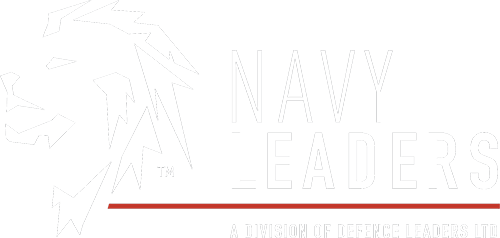Three-Year Australian Mine Countermeasures Project Concludes With Coastal Exercise
)
Thales has hailed the progress made at the conclusion of a project aimed at developing and enhancing autonomous systems to safely dispose of shoreline naval mines.
As per a recent company press statement, Thales Australia has been working with academics, SMEs, and the nation's defence agencies to develop sensors and analysis tools for Mine CounterMeasures (MCM) in very shallow waters.
The R&D project, jointly funded through Trusted Autonomous Systems and established as a Defence Cooperative Research Centre pilot, culminated in a "Mine Counter Measures in a Day" capability demonstration in Sydney.
The project team put into action its prototype autonomous vehicles, specifically designed to cope with turbulent waters that are constantly shifting in terms of depth and opacity. Deployable from sea or land, the systems mapped the area, identified Mine-Like Objects (MLO) and then deployed a simulated neutralisation package to make identified targets safe.
Troy Stephen, Vice President of Underwater Systems at Thales Australia, commented: “The Mine Countermeasures in a Day Project was a unique, multi-partner activity with the objective of developing a solution which puts the safety of defence personnel at its core.
"Thales Australia’s 40+ year pedigree in sonar technologies, coupled with the innovative thinking of Academia, SMEs and DSTG, has delivered the building blocks of an Australian first Robotic and Autonomous System littoral mine clearance solution to the Royal Australian Navy.
The MCM in a day project has been an exciting project for our engineers and has enabled us to establish a pipeline for autonomous systems talent; building the workforce of the future.”
Glen Schafer, CEO at Trusted Autonomous Systems, added: “We are incredibly proud of the hard work, dedication, and collaboration between our partners that has resulted in the successful delivery of the Thales-led MCM in a Day project... The potential improvements to our war fighters’ safety, as well as the significant technical advances created by this project, will continue to see benefits for Australia well into the future”.
And Stafford van Putten, Director of ineni Realtime, said: "The partnership with Thales and other key collaborators has been instrumental in advancing our HMI technology for AUV operations. Our innovative interface addresses key challenges in the Very Shallow Water (VSW) zone by delivering predictive visualisations and live updates presented in a continuously updating visual digital twin.”
- You can read more details on the Thales website
